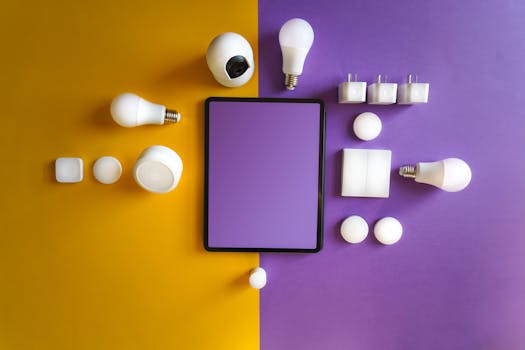
Home Automation in 2025: The Smart Home Ecosystem
Home Automation in 2025 is revolutionizing the way we live and interact with our homes. With the rapid advancement of technology, the smart home ecosystem is becoming increasingly sophisticated, integrating various devices and systems to create a seamless and efficient living experience. In this article, we will explore the current state of home automation, its benefits, and what the future holds for this exciting field.
What is Home Automation?
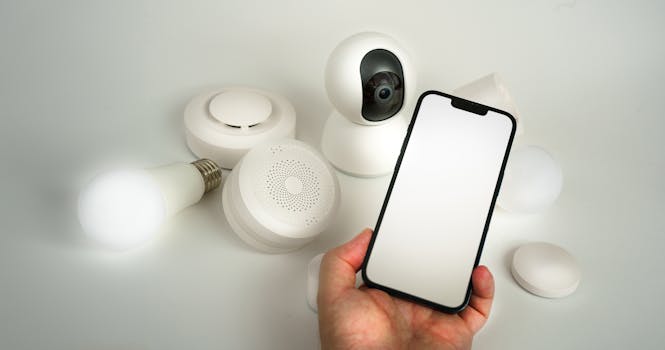
Home automation refers to the use of technology to control and monitor various aspects of a home, including lighting, temperature, security, and entertainment systems. This is achieved through the integration of smart devices, sensors, and software, which work together to create a network of connected devices that can be controlled remotely or automatically.
Benefits of Home Automation
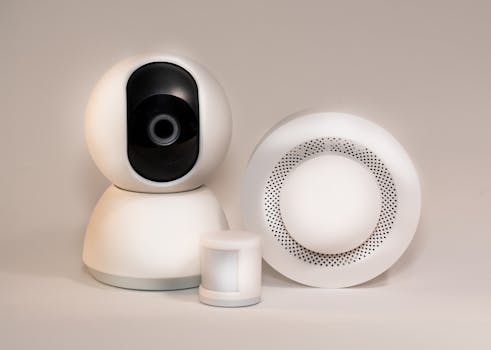
The benefits of home automation are numerous and varied. Some of the most significant advantages include:
- Energy efficiency: Smart devices can be programmed to optimize energy consumption, reducing waste and saving homeowners money on their utility bills.
- Convenience: Home automation allows homeowners to control their devices and systems from a single interface, making it easy to manage their home from anywhere.
- Security: Smart security systems can detect potential threats and alert homeowners and authorities, providing an added layer of protection for families and property.
- Comfort: Home automation can be used to create a comfortable living environment, adjusting lighting, temperature, and entertainment systems to suit individual preferences.
Smart Home Devices and Systems
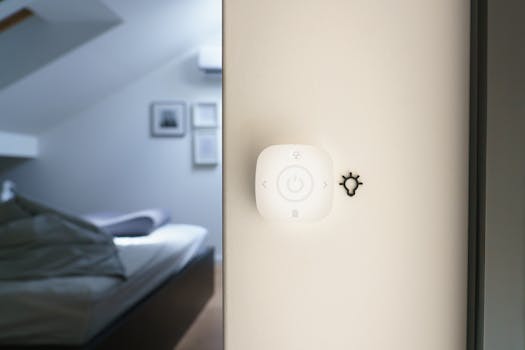
There are many smart home devices and systems available on the market, each with its own unique features and capabilities. Some of the most popular devices and systems include:
- Smart thermostats: These devices can be controlled remotely and can learn a homeowner’s schedule and preferences to optimize heating and cooling.
- Smart lighting systems: These systems can be controlled wirelessly and can be programmed to adjust brightness and color based on the time of day and other factors.
- Smart security cameras: These cameras can be controlled remotely and can be used to monitor a home and detect potential security threats.
- Smart speakers: These devices can be used to control smart home devices and systems, as well as play music and provide information.
The Future of Home Automation
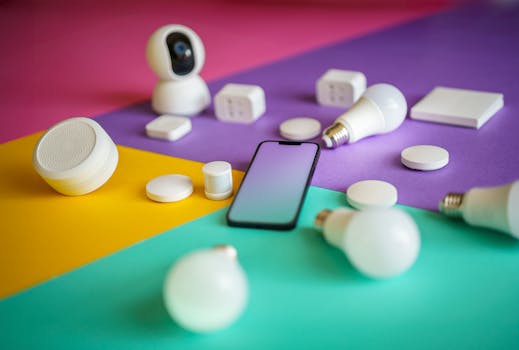
As technology continues to evolve, we can expect to see even more advanced smart home devices and systems in the future. Some of the trends and innovations that are expected to shape the future of home automation include:
- Artificial intelligence: AI is expected to play a major role in the future of home automation, enabling smart devices and systems to learn and adapt to a homeowner’s preferences and behavior.
- IoT integration: The Internet of Things (IoT) will continue to play a major role in home automation, enabling devices and systems to communicate and interact with each other seamlessly.
- 5G connectivity: The rollout of 5G networks will provide faster and more reliable connectivity for smart home devices and systems, enabling real-time monitoring and control.
- Voice control: Voice control is expected to become even more prevalent in home automation, with smart speakers and other devices enabling homeowners to control their smart home devices and systems with ease.
Conclusion
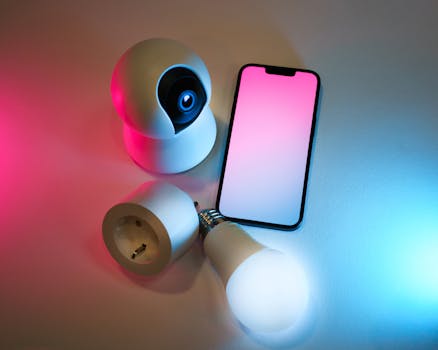
In conclusion, home automation in 2025 is a rapidly evolving field that is transforming the way we live and interact with our homes. With its numerous benefits, including energy efficiency, convenience, security, and comfort, it’s no wonder that smart home technology is becoming increasingly popular. As technology continues to advance, we can expect to see even more innovative and sophisticated smart home devices and systems in the future. Whether you’re looking to upgrade your current home or build a new one, home automation is definitely worth considering.





